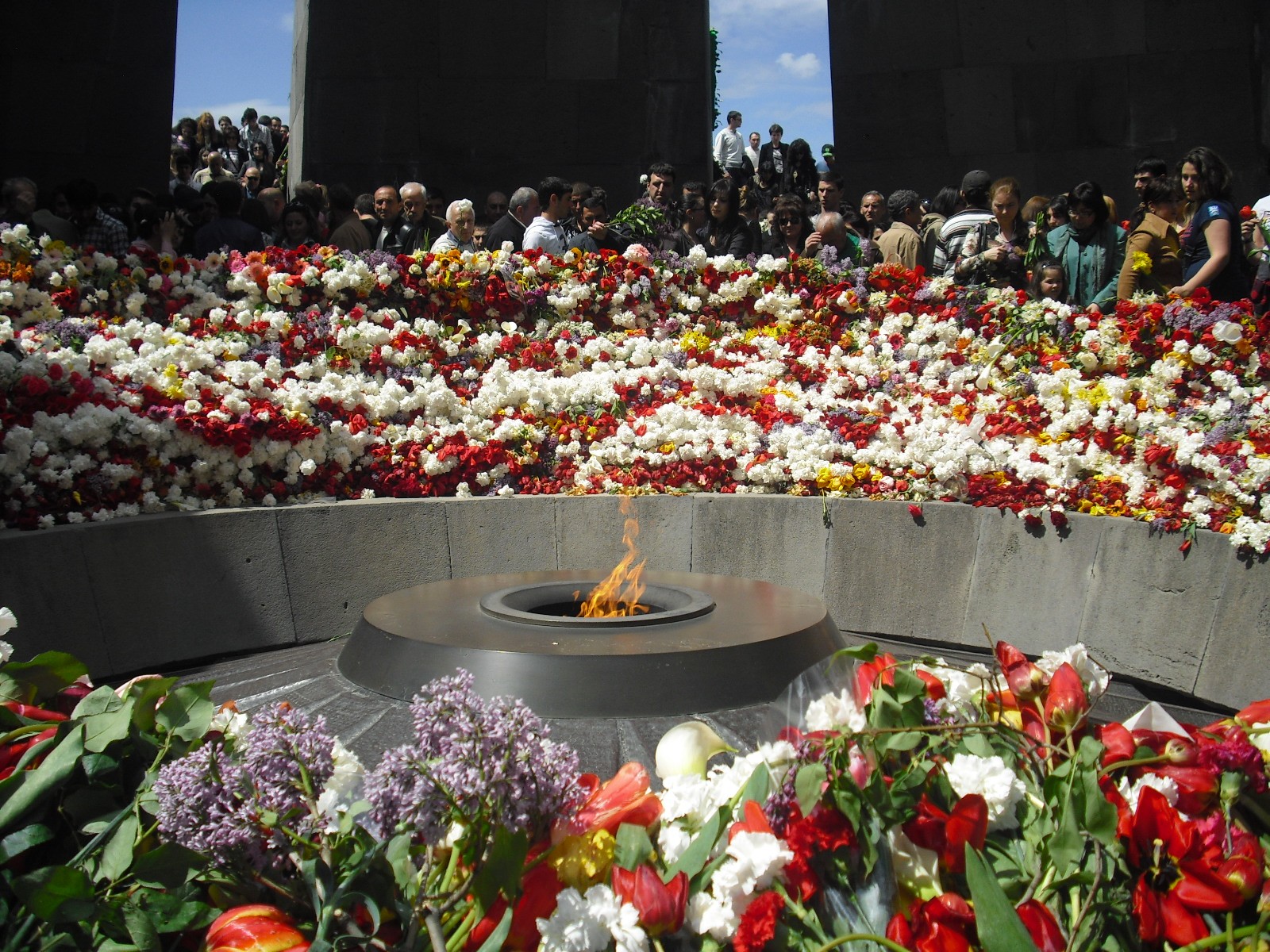

Dear all,
The centenary of the state-sponsored mass killing of the Armenians by the Ottoman Empire was commemorated last week. Armenians mark this day as Armenian Genocide Remembrance Day, and the date marks the rounding up and killing of Armenian intellectuals which was followed up by a national security law (the Tehcir law) which gave the Ottoman government and military the right to deport anybody it considered a ‘security threat’.
What is the ‘correct’ way to refer to the killing (or genocide or mass killings) of Turkey’s Armenian community is still much disputed: the Armenians call it genocide but the Turkish state has never acknowledged it as such. But what is indisputable is that the scars of this chapter of history run very, very deep.
Of the extensive coverage given to the centenary, one of the most interesting stories concerned the Kurds who discovered that they were actually Armenian and their ancestors had assumed a new identity because of the State’s oppressive religious policies and persecution of minorities.
A story by Tim Arango in the New York Times recounted the confusion experienced by one man in particular when he learned of his family’s secret history. He changed his name back to the original Armenian family name and began to participate in religious and cultural affairs of the Armenian community. He had grown up as a Kurdish Muslim, but suddenly he discovered his religious and cultural heritage was totally different.
This story of persecution and loss will resonate all over the world: history has many such examples. Urvashi Butalia (one of the panelists at the recent Islamabad Literary Festival) is notable for her moving account of her own family’s history. Her mother’s brother and mother who were not able to move with the family when the Punjab was partitioned lost all contact. Many years later she travelled to Pakistan to find them and discovered an uncle who did not want to acknowledge her as he had rebuilt his life with a new, Muslim, identity. He admitted that his mother too had been buried rather than cremated because by then she had become Ayesha Bibi.
A similar story of loss and new beginnings is recounted in Sabiha Sumar’s film Khamosh Pani. And a modern day story of an attempt to reclaim lost heritage is that of Pakistan’s Fishkel BenKhald, who claims his faith through his Jewish mother but is insistent that he be acknowledged and accepted as Pakistani.
Reportedly his attempts have elicited extremely hostile reactions and alienated his own family too.
But the community I have always found very intriguing in terms of religion and identity is that of the Spanish Muslims after the Inquisiton. In fiction, Tariq Ali told the story of divided families and communities brilliantly in Shadows of the Pomegranate Tree, in which a Moorish family and community in Granada struggle with the strictures and persecutions of the Inquisition and the ‘Reconquest’ by the Spanish monarchs.
But what happened to the Muslim descendants, the Moriscos afterwards? Several waves of persecution and purges had resulted also in a major expulsion of Spain’s Jewish communities in 1492, yet many chose to remain by hiding their true religion and appearing to convert. These people were known as crypto-Jews just as the Muslims who did the same are known as crypto-Muslims.
Tales and legends of crypto-Muslims in Spain abound and there are instances even in very recent history. After the Inquisition and the Reconquest, the bulk of Spain’s Muslim population converted, was killed or left. But Trevor Dadson, professor of Hispanic Studies at Queen Mary University, London, has found that a great many of those who left were unable to settle in their places of exile, and chose to return to their country whatever the price they had to pay -- in this case religious conversion.
Professor Dadson says that much documentation exists of returning Moriscos putting in claims for their property and he has looked at one area in particular -- Villarubia in La Mancha.
Eventually, whether the crypto Muslims endured or not, most of Spain’s Morisco population assimilated into the new Catholic Order. But the idea of the secret Muslims or the Spaniards with secret histories is an intriguing one. And it is interesting to see at what point one sort of family history became more important than a previous one.
Another fascinating testament to the problems of the Spanish Moriscos’ new identity is to be found in the group of texts known as Aljamiada literature: the script is Arabic, but when you read it you discover the language is Spanish.
Religious and cultural identity do, to a great extent, define family history and personal identity, but circumstances and strife, inquisitions and purges have to be faced somehow. Many survivors have had to make the choice to adapt, assimilate, convert. But however pragmatic their choice, their stories have strong elements of tragedy: denial, loss and yearning.
If only human beings and states did not feel the need to enact the Reconquista again and again and again….
Best wishes